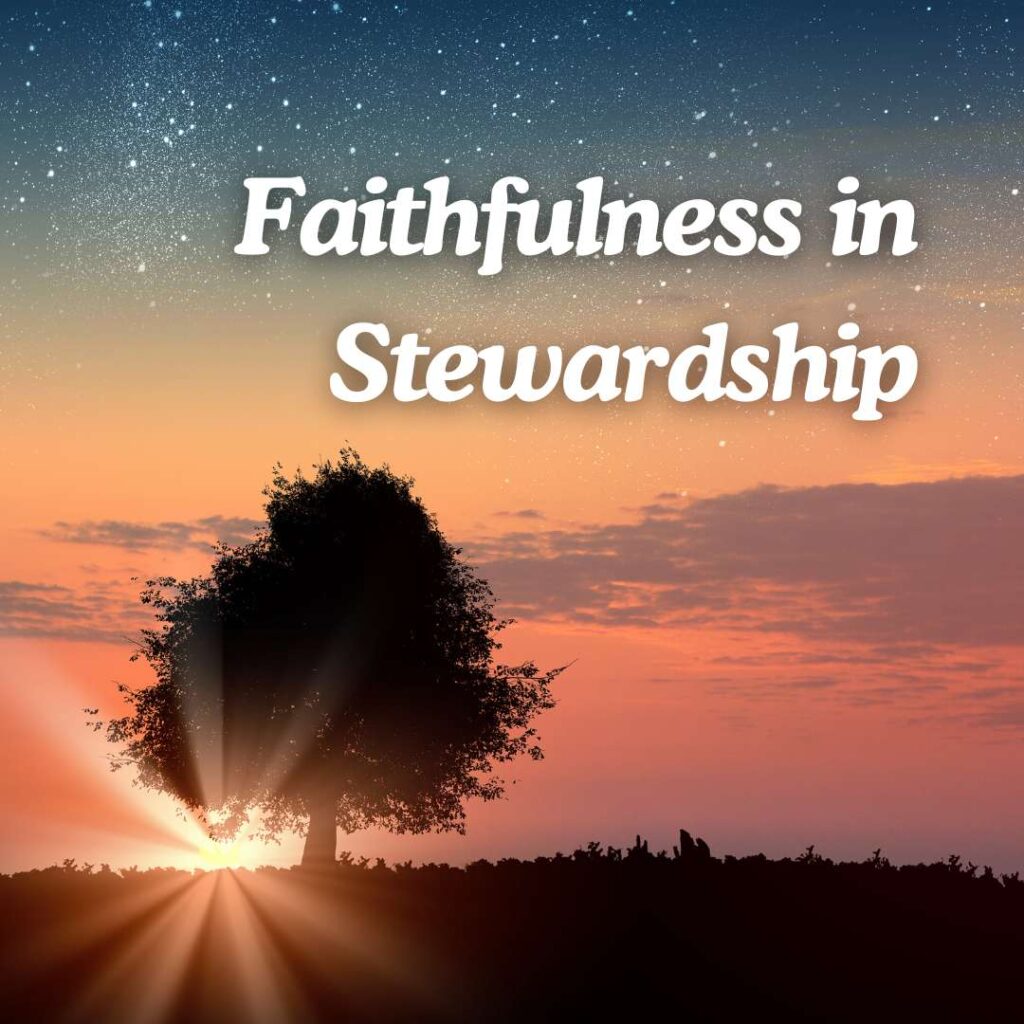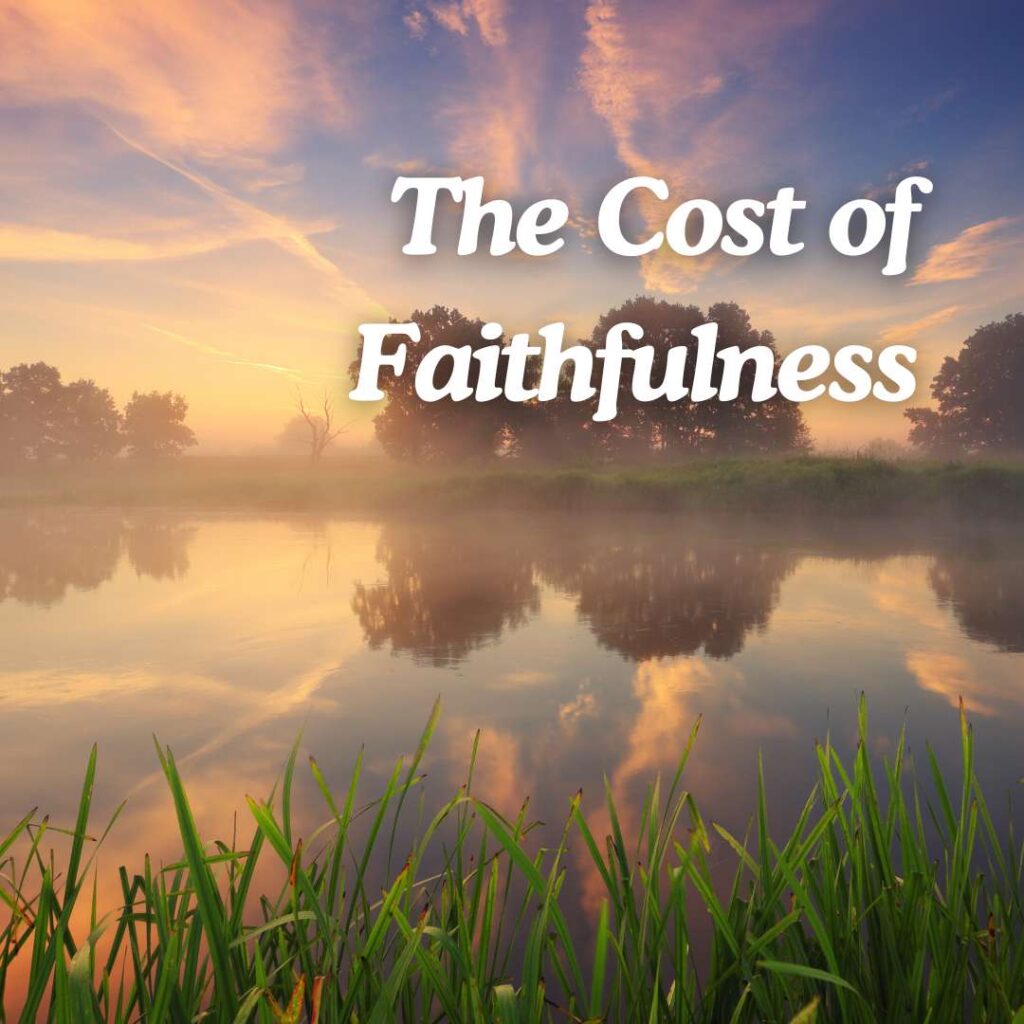 Scripture:
Scripture:
Mark 7:1-8, 14-15, 21-23 (WEBBE)
*“Then the Pharisees and some of the scribes gathered together to him, having come from Jerusalem. Now when they saw some of his disciples eating bread with defiled, that is, unwashed, hands, they found fault. (For the Pharisees and all the Jews don’t eat unless they wash their hands and forearms, holding to the tradition of the elders. They don’t eat when they come from the marketplace unless they bathe themselves. And there are many other things which they have received to hold to: washings of cups, pitchers, bronze vessels, and couches.) The Pharisees and the scribes asked him, “Why don’t your disciples walk according to the tradition of the elders, but eat their bread with unwashed hands?” He answered them, “Well did Isaiah prophesy of you hypocrites, as it is written, ‘These people honour me with their lips,
but their heart is far from me.
But in vain do they worship me,
teaching as doctrines the commandments of men.’
For you set aside the commandment of God, and hold tightly to the tradition of men—the washing of pitchers and cups, and you do many other such things.”
“He called all the multitude to himself and said to them, “Hear me, all of you, and understand. There is nothing from outside of the man, that going into him can defile him; but the things which proceed out of the man are those that defile the man… For from within, out of the hearts of men, proceed evil thoughts, adulteries, sexual sins, murders, thefts, covetousness, wickedness, deceit, lustful desires, an evil eye, blasphemy, pride, and foolishness. All these evil things come from within, and defile the man.”
Reflection:
In this passage, Jesus confronts the Pharisees and scribes, challenging their emphasis on ritual purity over the condition of the heart. The Pharisees were preoccupied with external observances—handwashing and other rituals—believing these would maintain their holiness. Yet, Jesus exposed the emptiness of their rituals by quoting Isaiah: “These people honour me with their lips, but their heart is far from me.”
Jesus’ words invite us to examine our own practices of faith. Do we focus more on external actions—church attendance, reciting prayers, or following certain religious customs—while neglecting the inner transformation that true worship requires? The heart of true worship is not about outward appearances but about an inward, sincere devotion to God.
When Jesus said, “There is nothing from outside of the man, that going into him can defile him,” He emphasized that our defilement comes not from what we consume or the rituals we perform, but from what is in our hearts. Our thoughts, desires, and actions reveal the true state of our spiritual health. The list of sins Jesus names—evil thoughts, adulteries, thefts, pride—are all matters of the heart, and it is in the heart that the battle for holiness is won or lost.
This passage challenges us to move beyond superficial religiosity. It calls us to a deeper, more authentic relationship with God, one that is rooted in love, humility, and a genuine desire to be transformed by His grace.
Prayer:
Heavenly Father, search our hearts and reveal any area where we have placed more emphasis on external practices than on a sincere relationship with You. Help us to worship You in spirit and truth, with hearts that are fully devoted to You. Transform us from within, that our thoughts, desires, and actions may be pleasing in Your sight. In Jesus’ name, Amen.
Application:
- Spend time this week reflecting on your spiritual practices. Are there any that have become mere routine or habit?
- Ask God to reveal areas in your life where your heart needs to be realigned with His will.
- Consider how you can make your worship more about a heartfelt connection with God rather than just fulfilling religious obligations.
Verse for Meditation:
“There is nothing from outside of the man, that going into him can defile him; but the things which proceed out of the man are those that defile the man.” (Mark 7:15, WEBBE)



